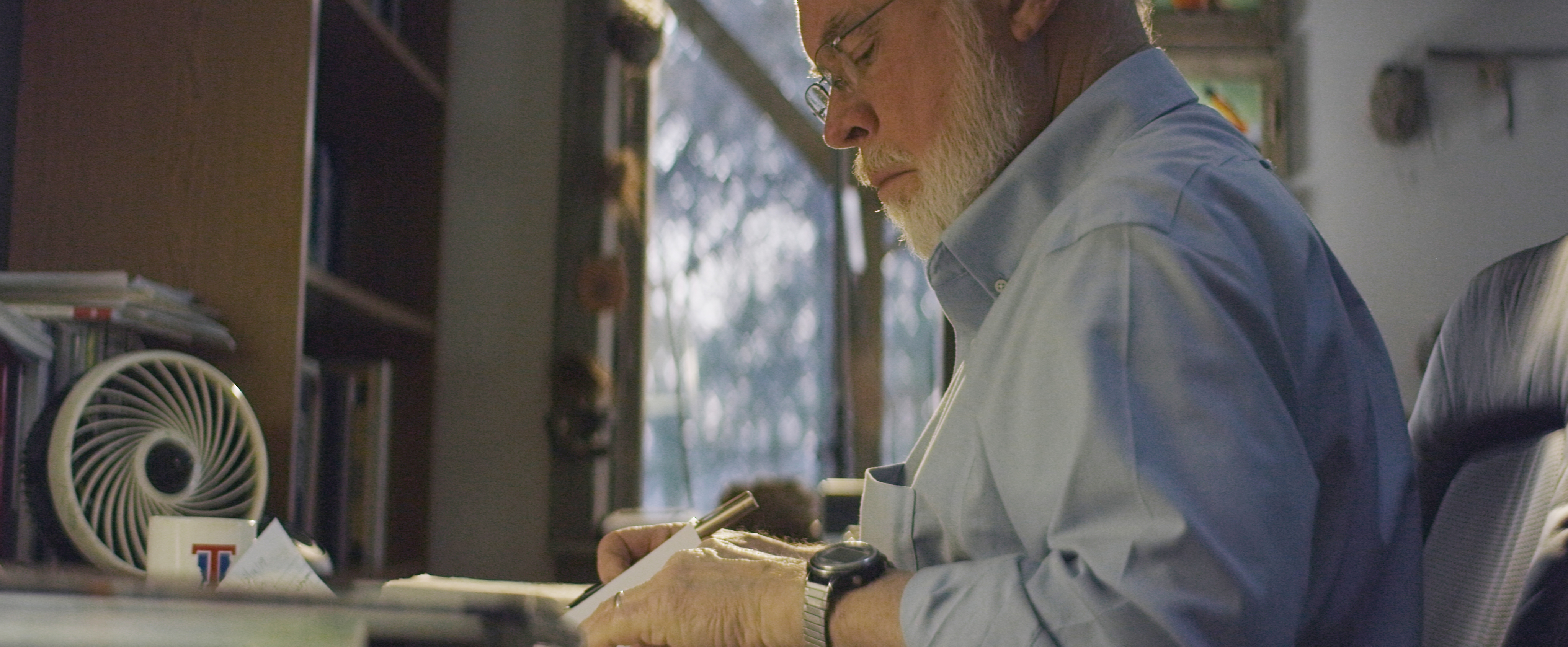Breakthrough care – Close to home
But that wasn’t going to work for Gerald. “I felt like I had more to do on this earth.” Fortunately, he was a candidate for TAVR, or transcatheter aortic valve replacement. TAVR uses a thin tube called a catheter, which is threaded through the blood vessels to reach the heart valve instead of opening up the chest and removing the diseased valve. A new valve is inserted into the aortic valve through the catheter and pushes the diseased valve’s leaflets (the flaps that open and close, allowing blood to flow through the valve) aside.
For patients like Gerald, TAVR can life changing. “Two years ago, this would have required open heart surgery. I would have been laid up in the hospital for weeks, in pain and out of work for months.” He did his research and concluded that Beacon Elkhart General Hospital was the right place to be, calling Dr. Weirick and team “the best in the business.” He adds, “This is breakthrough surgery. We’re extremely fortunate to have this available in our community.” At the present time, Elkhart and Memorial Hospital are the only ones in the area that offer TAVR as an option.
This is breakthrough surgery. We’re extremely fortunate to have this available in our community. – Gerald
Gerald’s surgery took only 1.5 hours on a Monday. The morning after his surgery, his doctors checked in on him, ran a few tests and by noon he was on his way back home. “On Wednesday, I was back to work! I had no pain. No discomfort. It was unbelievable.”
Looking ahead with laughter and joy
At age 75, he’s back doing what he loves most – caring for his patients and spending as much time as possible with his wife, kids and grandkids (his adult children span the globe from San Antonio to Ontario to Switzerland). He and his wife, Sandy, love flowers and spend many enjoyable hours landscaping their 6-acres.
 As for work, Gerald hasn’t slowed down a bit. He starts his day at 4:30 a.m. to review paperwork and starts seeing patients from 7:00 a.m. to 7:00 p.m. “People say ‘you must be exhausted!’” Gerald exclaims. “Actually, I’m energized!”
As for work, Gerald hasn’t slowed down a bit. He starts his day at 4:30 a.m. to review paperwork and starts seeing patients from 7:00 a.m. to 7:00 p.m. “People say ‘you must be exhausted!’” Gerald exclaims. “Actually, I’m energized!”
It’s a gift he does not take for granted. “In the two years leading up to my procedure, two people I knew passed away with the same issue I had. They did not know their heart was in critical condition.” Gerald feels very fortunate – he exudes laughter and joy – and lives by the same philosophy he teaches patients: “The label we put on something determines how we feel, not the other way around,” he explains. “If your car breaks down, you can be miserable, or you can label it as an adventure. If I’m going to die, I can say: Oh, woe is me! Or, I can say: Wow, what a life I’ve lived! I’m going to make the most of what’s left!”